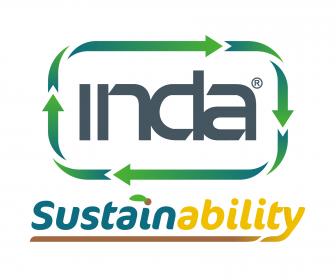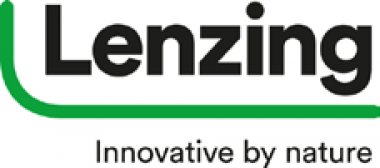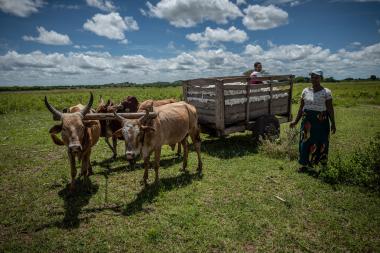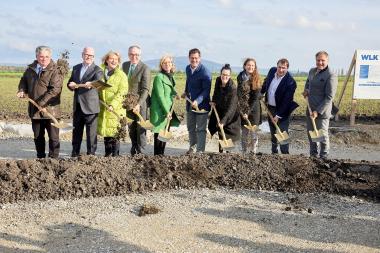INDA: Sustainability as Top Priority for 2024
INDA announces Sustainability as a primary focus for 2024. This strategic initiative, backed by resounding support from INDA’s leadership, is a direct response to feedback from association members affirming that sustainability remains one of the nonwovens industry’s highest priorities.
INDA’s sustainability endeavor will center around three core pillars crucial to the industry’s future: Responsible Sourcing, End-of-Life Solutions, and Innovations in Sustainability. This multifaceted initiative will introduce a spectrum of new and enhanced offerings, including:
- Webinars addressing sustainability issues impacting members and the industry.
- Specialized technical and government affairs committees enabling members to collaborate on sustainability opportunities and challenges.
- The inaugural release of a comprehensive sustainability report from INDA’s Market Intelligence department.
- A dedicated sustainability special edition of the International Fiber Journal, produced by INDA Media.
- Sustainability programming at INDA events, including a dedicated focus at the IDEA® 2025 conference.
INDA - Association of the Nonwoven Fabrics Industry



























